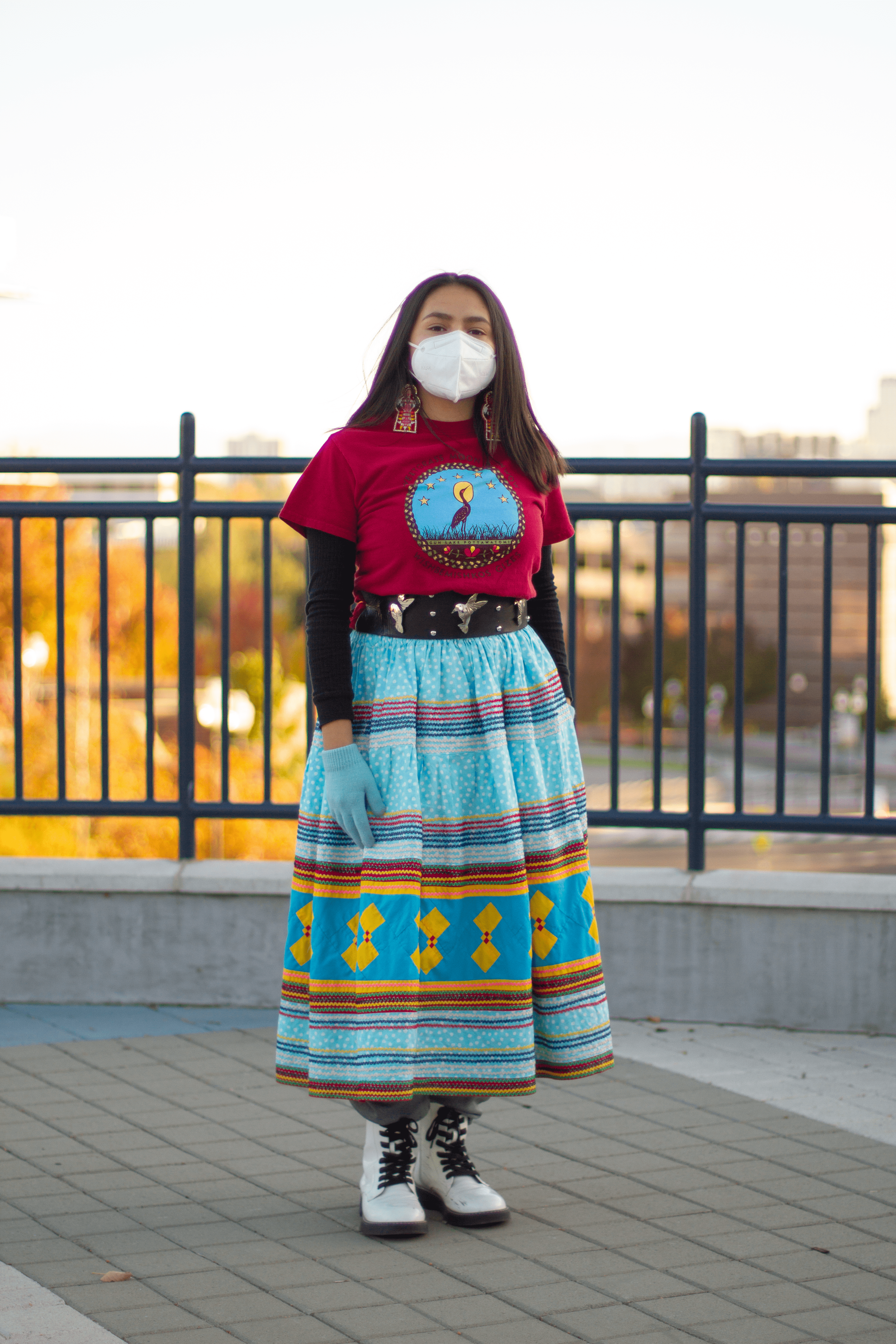
POLICY AND ADVOCACY
Photo by Kendra Becenti, Diné
Ideation Hub
The Ideation Hub is a dynamic platform where public health professionals, community leaders, scholars, and students converge to forge and strengthen reciprocal partnerships.
This collaborative space is dedicated to the exploration and implementation of innovative strategies for decolonizing public health and advocating for systemic changes that are inclusive, just, and reflective of Indigenous values and principles.
Photo by Jarrette Werk, Aaniiih & Nakoda
The Ideation Hub centers ideas and initiatives that challenge conventional paradigms.
Policies and frameworks that name and address settler colonialism a determinant of health inequity.
Mandatory workforce development training to unlearn and combat anti-Indigenous/anti-Black racism to activate decolonial allyship.
Create, evaluate, and integrate best practices for decolonial equity and data handling.
Integrate decolonizing into ongoing state-level equity and anti-racism work and declarations.

Through a focus on research, data analysis, and policy development informed by decolonizing frameworks,
the Ideation Hub aims to catalyze actions for Health Justice nationwide.
“To be effective in this work, Multnomah County believes it is critical to acknowledge that, similar to the U.S. nation state, the state of Oregon was founded by colonial white settlers on occupied Indigenous lands through many tools of colonial violence, including racism, that have become institutionalized and thus legitimized in an ongoing cycle that results in historical, intergenerational and contemporary damage to the health, wellness, and futures of Black, Indigenous, and all People of Color (“BIPOC”), including Latinx, Pacific Islanders, and Asians, as well as immigrants and refugees of color.”
Oregon State Legislature House Bill 4052: Racism a Public Health Crisis
In 2020, IHEI’s Executive Director and Founder, Dr. Kelly Gonzales, advocated in collaboration with the Future Generations Collaborative, the Health Equity Task Force and other community organizations to declare racism a public health crisis in the state of Oregon. This work resulted in House Bill 4052 (HB4052) and a set of recommendations that was reported to the Oregon State legislature.
IHEI created the Indigenous Health Equity Action Council.
In response to HB4052, IHEI gathered a statewide collaborative of Indigenous peoples representing Indigenous communities across Oregon and beyond. The Action Council convened to develop a set of recommendations to uplift HB 4052 in a set of policy recommendations rooted in decolonization and building stronger self determination in health justice.
In collaboration with the Health Equity Advisory Leaders and the Oregon Advocacy Commissions Office, the Indigenous Health Equity Action Council presented to the Oregon Legislative Assembly highlighted limitations of HB4052 in supporting Native Nations.
Click the image to view this report.
Colonialism is a determinant of health.
IHEI contributes to a growing Indigenous-led movement that is calling for public health agencies, governments, and institutions to name colonialism a determinant of health. View resources IHEI has created and compiled to support this movement.
-
“With an emphasis on the notion of intergenerational trauma, there are real health effects of social, political, and economic marginalization embodied within individuals, which can collectively affect entire communities. Colonialism can also be enacted and reinforced within Indigenous mental health discourse, thus influencing scholarly and popular perceptions.” Read more here.
-
Co-authored by IHEI Executive Director and Founder, Dr. Kelly Gonzales. “Settler colonialism is a violent process that harms all beings. We build upon environmental justice frameworks and argue for Indigenous values affirmation as a strategy for countering the violence of settler colonialism.” Read more here.
-
In June 2023, The Johns Hopkins Center for Indigenous Health announced a new publication in The Lancet co-authored by CIH Co-Director Dr. Donald Warne and Dr. Allison Kelliher. The article discussed the substantial challenges that Indigenous Peoples face across the world today, and the overarching need to “establish a framework on the Indigenous determinants of health derived from Indigenous Peoples’ communities.” Read more here.

Statewide Implementation of a Decolonized Health Justice Framework
IHEI envisions implementing a framework to infuse decolonizing practices into public health institutions. In collaboration with community partners, we aim to integrate these practices into state-level equity and anti-racism efforts, creating a comprehensive approach to health justice across Oregon and beyond.
Photo by Kendra Becenti, Diné





